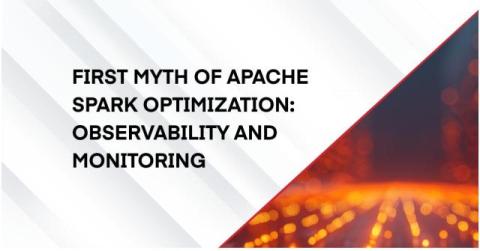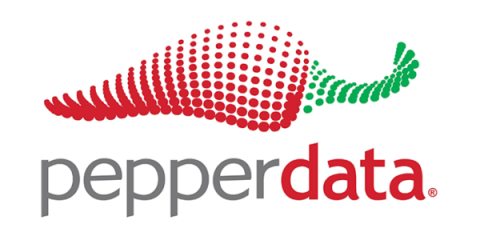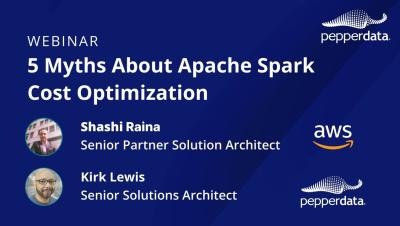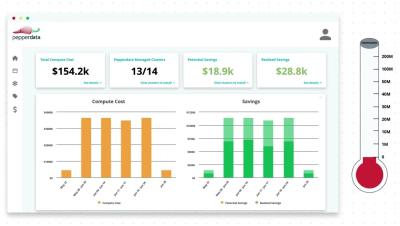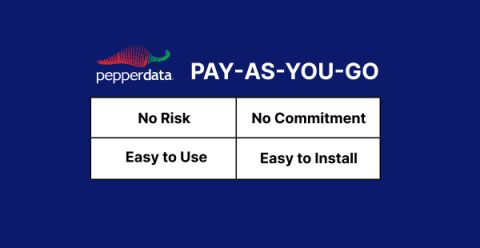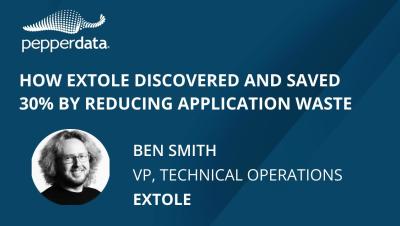Myth #1 of Apache Spark Optimization: Observability & Monitoring
In this blog series we’ll be examining the Five Myths of Apache Spark Optimization. (Stay tuned for the entire series!) The first myth examines a common assumption of many Spark users: Observing and monitoring your Spark environment means you’ll be able to find the wasteful apps and tune them.


